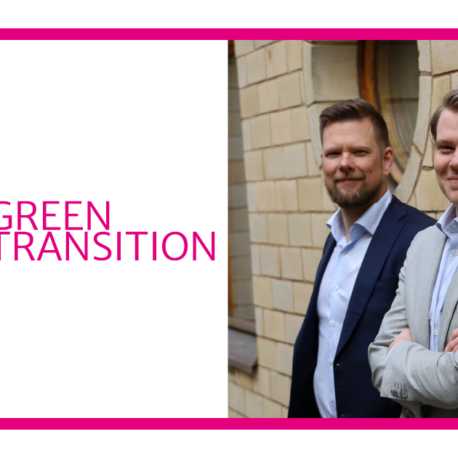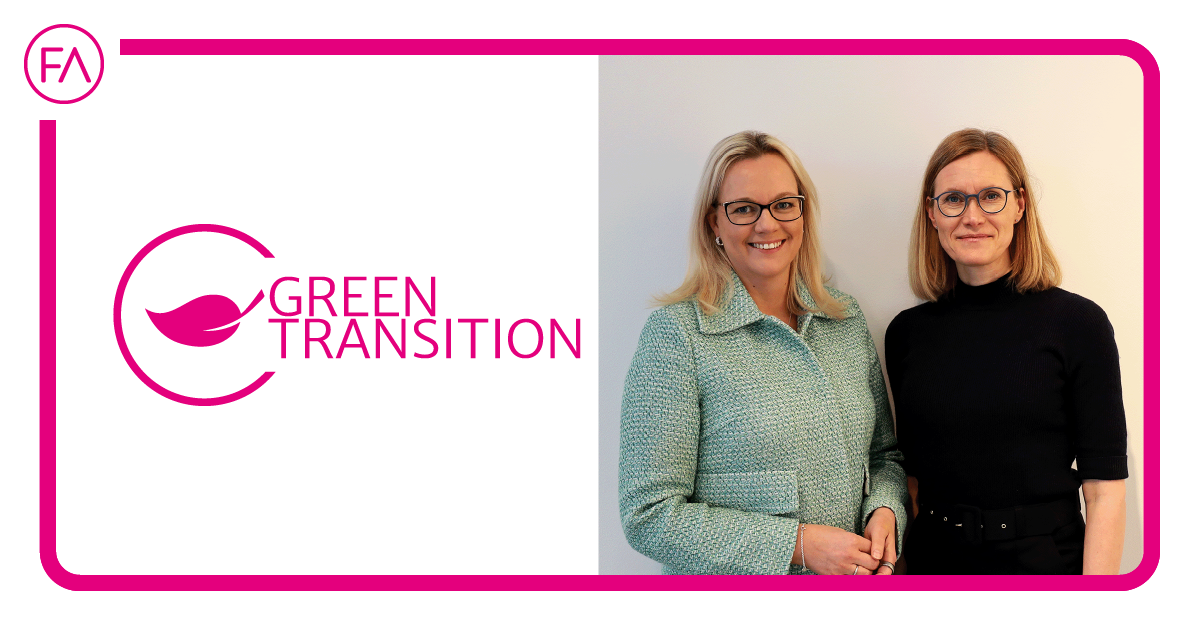
- Insurers are looking for ways to cut climate emissions by recycling and repairing damaged goods.
- For example, goods that have been damaged in a fire but are still usable are recycled and repaired rather than replaced.
- Promoting the circular economy and the green transition are objectives that are written down also in the sustainability programme of Pohjola Insurance’s parent company OP Financial Group.
- This article is part of an article series showcasing Finance Finland member organisations’ concrete actions to promote the green transition.
When a building suffers a fire or a pipe leak, for example, it is the duty of the insurer to pay compensation for the damages. The more such damages occur, the more material and services go into repairs. Pohjola Insurance’s Director of Claims Sari Styrman and Head of ESG Nella Korhonen explain that by repairing and recycling whenever possible, the company can reduce its climate emissions, promote the circular economy and sometimes even decrease its claims costs.
Korhonen recounts a story of a fire that took place in a kitchenware shop, causing smoke damage to a batch of kitchen items. Because the items could no longer be sold as new, the shop owner and the insurer decided to host a trendy pop-up shop selling cleaned-up pots and other kitchenware at a reduced price.
“The pop-up sale proved a hit. Without this stroke of genius, the items would have been discarded. Now they sold like hotcakes”, says Korhonen.
In 2023, Pohjola Insurance paid claims for a total of €1.2 billion. One of Pohjola Insurance’s principles is to recycle usable goods and to repair rather than replace whenever possible.
In compensated damages to mobile phones, for example, the company’s repair rate is over 50%. This means that more than half of damaged phones have been repaired rather than replaced with a new one.
“Even with phones that are beyond repair, we try to take any parts that we can and reuse and recycle them”, says Styrman.
Smoke damage typically creates a great deal of recyclable waste and goods. But even fire damage does not always equal losses.
“A few years ago, I was involved in a fire damage case in which a fire had broken out in a shop that sells kuksas, these traditional wooden drinking cups favoured by Finnish outdoor people like hikers and hunters. It turned out that the damaged kuksas actually increased in value after they were rebranded as a limited edition laced in tradition and rich in authenticity. After all, they already smelled of campfire smoke and had the soot stains to match”, says Styrman.
Preserving virgin materials
Many materials considered as waste can in fact be repurposed. Concrete and brick demolition waste can be crushed and recycled as a base for buildings and roadways, which reduces the need to use virgin gravel.
Glass cullet can be turned into foam glass gravel and used in construction and civil engineering projects. The recycling of metal has long been standard practice in Finland, and both metal and plastic can be reused as a source material. Wood is easy to recycle, but the market for circular economy products is still lacking. At the moment, the main end use for wood is construction, but because timber products are subject to strict technical requirements, wood is mostly used in bioenergy production.
“A fire that broke out in an industrial hall caused us almost a 100,000 euros’ worth of claims costs. We were able to cover more than half of the sum with the refunds received from recycling. Recycling is a win-win-win: it benefits the client, the insurer and the environment”, says Korhonen.
Styrman and Korhonen say that promoting the circular economy and the green transition are objectives that are written down in OP Financial Group’s sustainability programme. Pohjola Insurance is also actively integrating sustainability across its business operations.
“In OP Financial Group’s banking, sustainability is a key part of investment decisions and lending. In insurance, sustainability is linked to both insurance and claims”, summarises Styrman.
Still have questions?
|Contact our experts
Looking for more?
Other articles on the topic
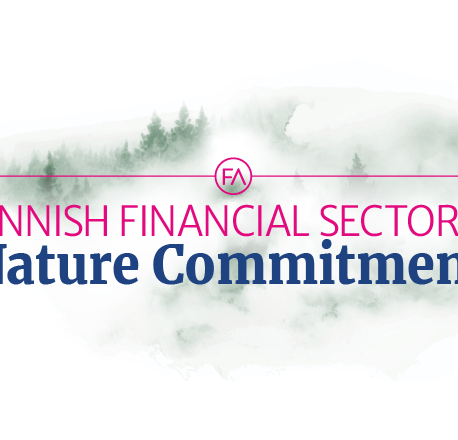
Finnish financial sector signs nature commitment to enhance the transparency of its biodiversity action

Clear and uniform sustainable finance regulation enhances the EU’s competitiveness
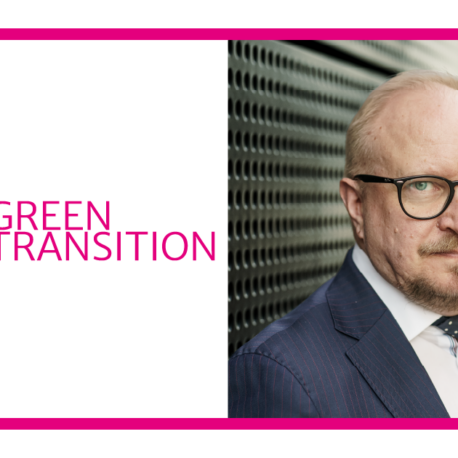
Halting biodiversity loss requires a whole-of-society approach – The Finnish financial sector is working on its nature commitment
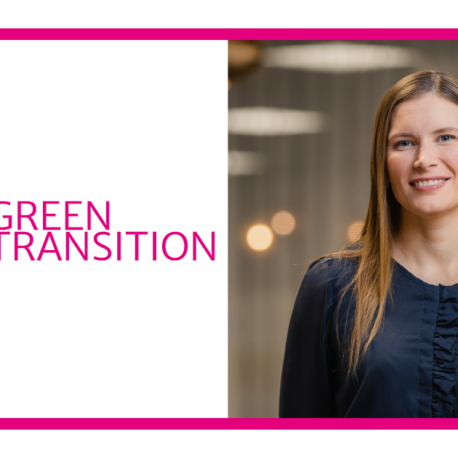
Nordea’s active ownership got US energy company to cut its emissions drastically – Financial sector’s concrete actions in the green transition
